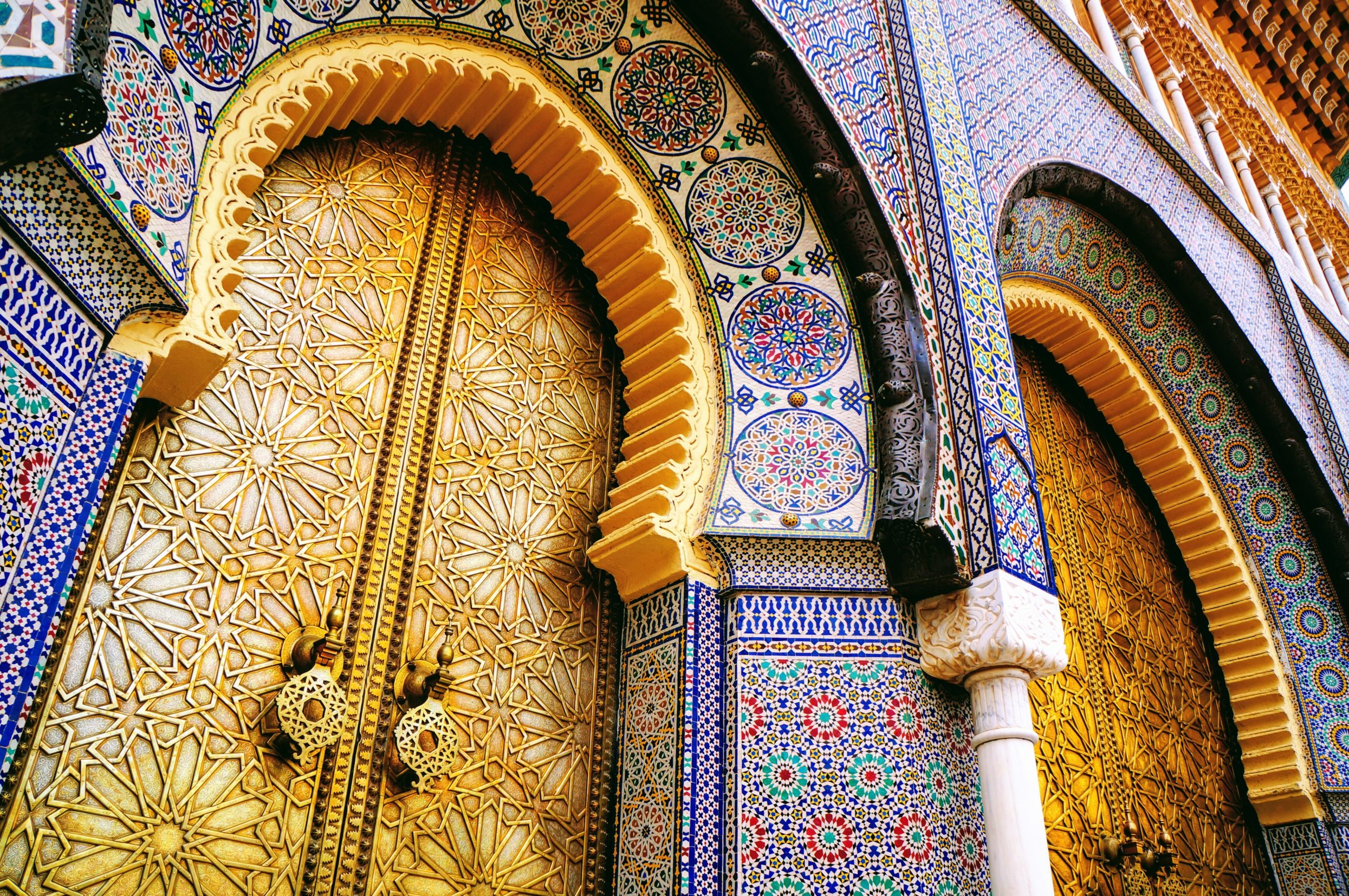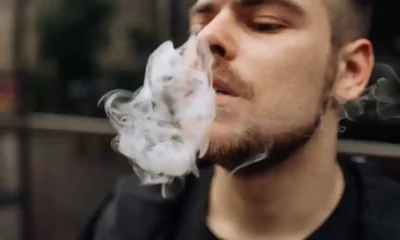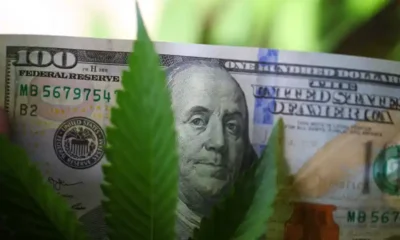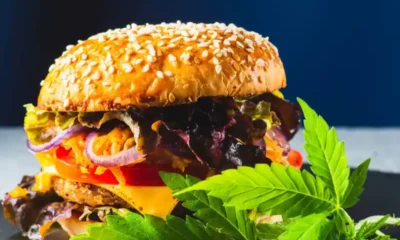Connect with us
Published
3 years agoon

Morocco is inching its way closer to a legal cannabis industry within the country, now another step closer after draft decree 2.21.642 was approved by the country’s lead executive body.
The decree was approved by the Cabinet, which consists of top ministers within Morocco’s government, and the approval as a whole acts as a leap of progress toward legal, adult-use cannabis in the country. The meeting was held via videoconference and led by Prime Minister Saad-Eddine El Othmani.
The Cabinet’s approval of the draft decree comes alongside legislation that the Moroccan parliament passed earlier this year; Morocco issued law 13.21, which reclassified cannabis as a legal substance under Moroccan law.
Additionally, they recently passed legislation that created the National Agency for the Regulation of Cannabis, and according to new statements from the government, this new agency will fall under the jurisdiction of Morocco’s Ministry of the Interior.
Other provisions within the decree look closer at composing the country’s budding cannabis industry, calling for the “inclusion of various institutions and bodies” related to the cannabis industry, among other things, saying that their needs must be taken into account as the country pushes to implement the new legislation.
This means that, once the cannabis industry in Morocco takes shape, it will involve members of the country’s financial and government institutions, in addition to the farmers that have historically grown the cannabis plant in the area.
As of right now, new legislation only allows for cannabis to be used medicinally or for industrial purposes, so, for now, recreational consumption of the crop is illegal in the country.
The Moroccan government is otherwise conservative, and the steady climb toward a legalized, commercial industry in the country is a long time coming. Though, as it stands, the program is geared toward the export market, and it’s still unclear if the country will relax its stance around recreational use.
Law 13.21 acted as a radical shift for a party that had a long-standing aversion to softening the country’s cannabis laws. The Justice & Development Party cited a growing consensus across the country that the hardline policies of the past had failed.
“The community is now increasingly aware that the pure repressive approach adopted by the global drug control system has limited alternative development programs and has not made it possible to resolve the economic, social and environmental problems encountered by rural producers of this plant,” the party said in a statement following the bill’s introduction.
Cannabis was officially banned by authorities in 1954 but, as cultivation became increasingly integral to the livelihoods of families around the country, it was tolerated, and further regulation hopes to improve farmers’ living conditions and to protect them from illegal drug trafficking networks.
The United Nations Office on Drugs and Crime says that about 47,000 hectares (116,000 acres) of the Rif Mountains are dedicated to cannabis. This is about a third of the amount in 2003, due to government crackdowns.
According to a 2020 report by the United Nations Office on Drugs and Crime, Morocco is also the world’s biggest producer of hashish and the top producer of illicit cannabis in the world. As the top source of hashish on the worldwide illicit market, proceeds have been estimated at an annual $7 billion, which makes hashiah the country’s largest source of foeign currency.
New laws limit production of cannabis to six provinces, all in the Rif Mountains.
But, the new embrace of cannabis could be a real turning point for the country. Law 13.21 was a great first start, though we will now need to wait and see if the government follows through and continues toward a legalized cannabis industry for adult use.


You Don’t Understand the Difference Between Decriminalizing and Legalizing, Do You?


North Dakota Committee Files Ballot Measure To Legalize Adult-Use Cannabis


California County Mulls Reduction To Cannabis Cultivation Tax


Cheech and Chong Become Newest Operators in Call of Duty


Manage Your Munchies: This Year’s Top 420 Meal Deals


New York Cannabis Control Board Approves 101 New Adult-Use Licenses
